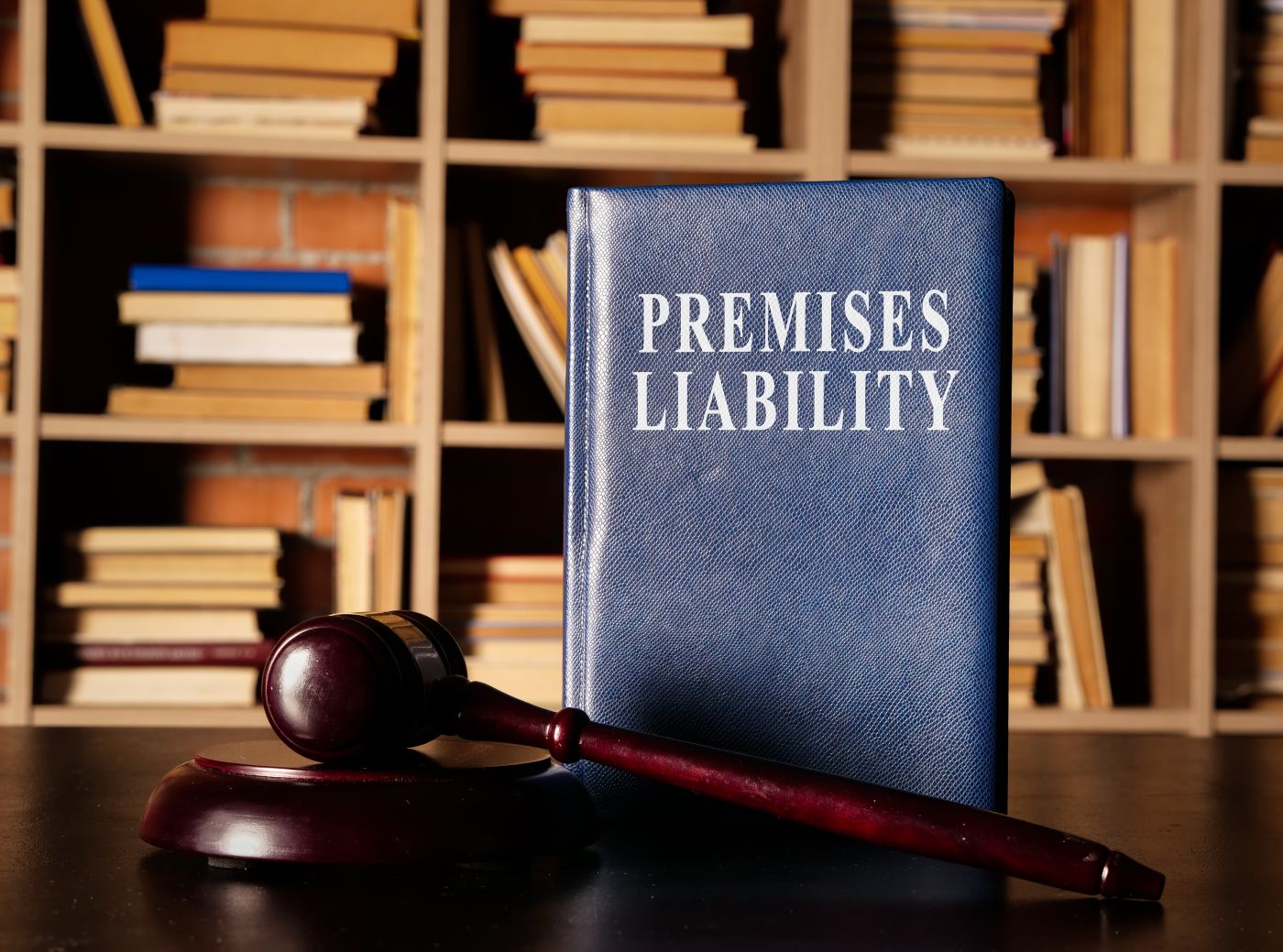
I Got Hurt on Someone's Property, What Should I Do?
No one expects to sustain an injury when shopping, walking down the street, or even at a neighbor's house. Chances are these hazards or accidents were not clearly indicated, leaving the property owner responsible for your injuries.
When you're hurt due to someone else's negligence, speaking with a knowledgeable personal injury attorney can be extremely beneficial when seeking compensation for your damages. Our legal team at Whit A. Thomas, Attorney at Law can assist you with filing a claim and fighting for your rights. contact our firm in Foley, Alabama, to schedule a free consultation.
The Basics of Premises Liability
Property owners have a legal obligation to maintain a safe environment for visitors. This responsibility can sometimes be complex and depends on different factors, including:
Invitees: Individuals invited onto the property for business purposes (customers).
Licensees: Social guests who have permission to be on the property.
Trespassers: Individuals who enter without permission; property owners have limited responsibilities towards trespassers.
Negligence standard: The owner may be deemed negligent if they failed to address or warn of unsafe conditions that led to your injury.
Types of injuries: Common injuries on someone’s property may include slip and falls, dog bites, falling objects, or construction site accidents. No matter the type, documenting your injuries is crucial.
Premises Liability Laws in Alabama
In Alabama, the principles of premises liability are largely influenced by the state's unique legal framework, which differentiates the duties owed to various categories of visitors. Property owners must exercise reasonable care to ensure safety for invitees, who are individuals invited for business purposes, ensuring that they are protected from hazardous conditions.
For licensees, or social guests, property owners are required to warn them of known dangers, though they are not obliged to inspect the property for hidden dangers.
In contrast, trespassers have limited protections under Alabama law, where property owners have minimal responsibility, mainly avoiding intentional harm.
Note that Alabama follows a contributory negligence rule, which can significantly impact claims; if a claimant is found to be even slightly at fault for their injuries, they may be barred from recovering any damages.
Understanding these nuances is critical for individuals seeking to file a premises liability claim in Alabama.
Immediate Steps to Take After the Injury
Seek medical attention: Regardless of the severity of your injury, seeking medical care should be your top priority. It's vital to document any injuries and obtain a medical record, as this will be crucial for your case later.
Report the incident: Notify the property owner or manager about the incident. Ensure that an official report is made, as this documentation can serve as evidence of your injury.
Document the scene: Take pictures of the location where the injury occurred. Capture any hazardous conditions, like spills, poor lighting, or obstacles that contributed to your fall.
Gather witness information: If there were any witnesses to the incident, collect their names and contact information. Witness testimonies can provide additional support for your claim.
Avoid discussing fault: While it’s essential to report the incident, be cautious about discussing who was at fault. Anything you say may be used against you later in negotiations or court.
Potential Damages You Could Claim
When pursuing a personal injury claim after an accident on someone else's property, you may be entitled to various forms of compensation, including:
Medical expenses: Costs related to treatment, rehabilitation, and any future medical needs.
Lost wages: Compensation for income lost during recovery, including future earning potential if your work capacity is affected.
Pain and suffering: Damages associated with physical pain, anxiety, emotional distress, and a decline in quality of life.
Property damage: If personal belongings were damaged during the incident, such as clothing or equipment, you may also be able to claim this.
When to Seek Legal Assistance
Navigating a personal injury claim can be a complex and daunting process, particularly when it involves property owners or insurance companies that may resist accountability. Consulting a personal injury attorney is highly advisable under the following circumstances:
Severe injuries or high medical expenses: If your injuries are serious or have led to substantial medical costs, an attorney can help you understand your rights and ensure you receive fair compensation for your suffering and expenses. They can evaluate the full extent of damages, including future medical needs and lost wages.
Pushback or denial from insurance: If you’re facing resistance from the property owner’s insurance company, whether through denial of your claim or inadequate settlement offers, an attorney can negotiate on your behalf. They understand the tactics insurers often use to minimize payouts and can advocate effectively for your interests.
Gathering evidence or witnesses: If you're struggling to collect vital evidence or locate witnesses to support your claim, a personal injury attorney has the resources and experience to assist. They can conduct thorough investigations, gather necessary documentation, and interview witnesses, strengthening your case significantly.
Seeking legal assistance can be a crucial step in securing the compensation you deserve and navigating the intricate landscape of personal injury claims effectively.
Contact Us for Support
At Whit A. Thomas, Attorney at Law, we are committed to advocating for individuals wronged by negligence on someone else's property. If you or a loved one has been injured, we offer a free consultation to discuss your case and outline your legal options. Don’t hesitate to reach out for the compassionate support you deserve.